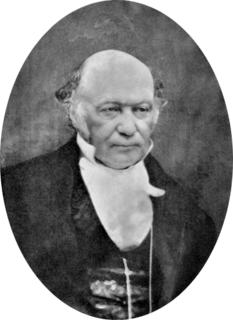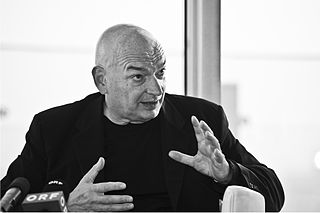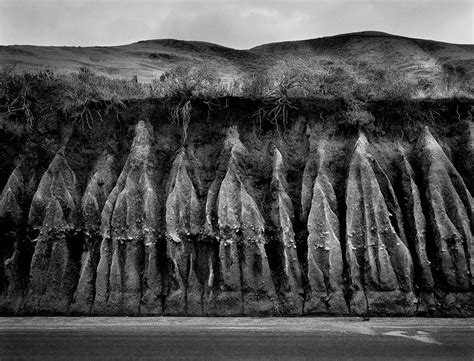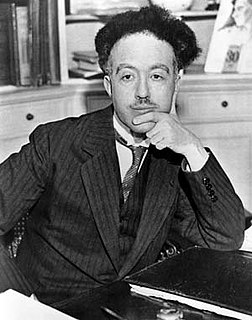A Quote by Cornel West
We're all vanishing organisms and disappearing creatures in space and time - that death sentence in space in time that Kafka talked about with such profundity.
Related Quotes
Death is the end of the fear of death. [...] To avoid it we must not stop fearing it and so life is fear. Death is time because time allows us to move toward death which we fear at all times when alive. We move around and that is fear. Movement through space requires time. Without death there is no movement through space and no life and no fear. To be aware of death is to be alive is to fear is to move around in space and time toward death.
But as Van casually directed the searchlight of backthought into that maze of the past where the mirror-lined narrow paths not only took different turns, but used different levels (as a mule-drawn cart passes under the arch of a viaduct along which a motor skims by), he found himself tackling, in still vague and idle fashion, the science that was to obsess his mature years - problems of space and time, space versus time, time-twisted space, space as time, time as space - and space breaking away from time, in the final tragic triumph of human cogitation: I am because I die.
Time is said to have only one dimension, and space to have three dimensions. ... The mathematical quaternion partakes of both these elements; in technical language it may be said to be 'time plus space', or 'space plus time': and in this sense it has, or at least involves a reference to, four dimensions. And how the One of Time, of Space the Three, Might in the Chain of Symbols girdled be.
Death makes me realize how deeply I have internalized the agnosticism I preach in all my books. I consider dogmatic belief and dogmatic denial very childish forms of conceit in a world of infinitely whirling complexity. None of us can see enough from one corner of space-time to know "all" about the rest of space-time.
There is nothing mysterious about space-time. Every speck of matter, every idea, is a space-time event. We cannot experience anything or conceive of anything that exists outside of space-time. Just as experience precedes all awareness and creative expression, the visual language of our photographs should ever more strongly express the fourth dimensional structure of the real world.
Musing takes place in a kind of meadowlands of the imagination, a part of the imagination that has not yet been plowed, developed, or put to any immediately practical use…time spent there is not work time, yet without that time the mind becomes sterile, dull, domesticated. The fight for free space — for wilderness and public space — must be accompanied by a fight for free time to spend wandering in that space.
In the 1920s the young English physicist Paul Dirac began trying to understand and describe the space-time evolution of the electron, the first elementary particle discovered by J.J. Thomson in 1897. Dirac was puzzled by an unprecedented property of space-time, discovered by Lorentz in his studies of electromagnetic forces, whereby if space was real, time had to be imaginary, and vice versa. In other words, space and time had to be a ‘complex’ mixture of two quantities, one real and the other imaginary.
In space-time everything which for each of us constitutes the past, the present and the future is given en bloc...Each observer, as his time passes, discovers, so to speak, new slices of space-time which appear to him as successive aspects of the material world, though in reality the ensemble of events constituting space-time exist prior to his knowledge of them.
What differentiates time from space is that time does have a direction. In that sense it is different from space. I think that's certainly true that whereas spatial dimensions don't have direction or an arrow, time does. It runs from past to future. But I see that arrow of time as rooted in a deeper metaphysical reality, namely the reality of temporal becoming - of things coming to be and passing away. That is why time has this arrow. But it's not sufficient to simply say that time and space are distinct because time has a direction. The question will be: why does it have a direction?





































